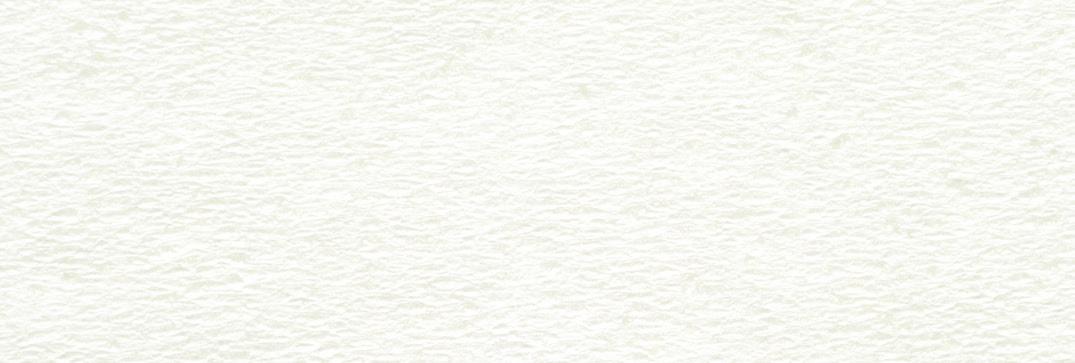ESTATE WELLNESS NEWS BLUE H I LLS E qu e st r i a n E st a t e
SLEEP
The Underrated Immune Booster By Kate Aitken Vitamin C and zinc quickly became the supplements of choice when COVID-19 hit, and considering that the virus will be sticking around for a while, this might be a trend with some longevity. In times of uncertainty, we look to the things that we can control, which means going for all the vitamins, minerals and supplements we know will help to support our bodies and immune systems. While these will assist in taking care of your wellbeing, there’s an even more basic, tried-and-tested immune booster that tops any fancy supplement or superfood. It also happens to be totally free, and in unlimited supply... Sleep. And not just any old slumber, but high-quality, healthoptimising and restorative sleep. We’ve all experienced the incredible benefits of a good night’s sleep, and it’s safe to say that not much compares. Aside from allowing us to feel revitalised, cognitively alert and emotionally balanced (a pretty impressive list of pros), quality sleep also acts as armour, helping us to ward off infections and illness. When you are sleep deprived, you are not only more vulnerable to viruses and bacteria, but you also have to deal with a substantially longer recovery time in the event that you do fall ill. It’s time for us to acknowledge and bring awareness to the true importance of proper sleep so that we can optimise our health and happiness, and live a life of vibrant wellness. The question now becomes, “What is the optimal amount of sleep?” This is a difficult one to pin down, and the answer will vary from person to person according to a wide range of factors, including age, overall bodily health, and emotional and physical stress levels. It is generally recommended that we get between seven and nine hours of uninterrupted sleep per night. In fact, research shows that if you are getting less than six hours per night, you are more than four times as likely to catch the common cold.
The immune system’s activity ramps up while we sleep, which can sometimes result in night sweats, signalling that it’s hard at work! Cytokines (proteins that act as messengers for the immune system) are also produced and released during sleep. With sub-optimal sleep (i.e. six hours or less), our hormones can be disrupted and a low-grade inflammation response initiated. If left unresolved, this can increase the risk of diabetes, heart disease and other chronic illnesses. The pace of today’s world has forced many of us into deciding that sleep is expendable. However, as with bad debt, the ramifications are not only real, but compounding. There are no corners to be cut when it comes to getting your shut-eye, and it is absolutely vital that your sleep pennies are banked. Even more important than the number of hours for which we sleep is the quality of our sleep, and our alignment with natural circadian rhythms. Our bodies follow a well-calculated and efficient sleep cycle, and any disruption of this cycle (even a quick midnight bathroom break) has an impact on our returns. The four sleep stages are: wakefulness, light sleep, deep sleep and REM sleep. Deep sleep is the most regenerative and restorative stage, and should ideally occur between 10 pm and 2 am, which also coincides with the darkest hours of the night. You should aim to have the middle of your sleep cycle falling between these hours, as you will be optimally aligned with natural sleep cycles, and thus maximise your ‘sleep yield’. REM sleep is associated with dreaming and creativity – it’s often a space where we receive insights and those ‘Aha!’ moments. Typically, REM sleep is experienced in the early hours of the morning, and ends with waking. To sleep through the night is innate and natural, but thanks to our fast-paced, stresspacked lives, this is often seen as a luxury rather than an essential. For much of this year, many of us have been feeling heightened levels of anxiety and stress, which not only directly impact our immune systems, but also affect our sleep. Isn’t it strange that when we finally have ‘more time’ for sleep, it becomes more elusive 23 ISSU E 16 • 2021 2 020



